Bands that have hung around, or gone away and come back again, occupy an increasingly sizeable percentage of pop’s bandwidth. When it comes to making new music, many are happy not to rock the boat, scraping by on the goodwill accumulated from past endeavours. Others strive to present a moving target, enjoying a more evolved, even argumentative, relationship with the sounds of their glory days. Two new albums tackle this dilemma, with varying degrees of success.
Together for the first time since 2015, Blur do a fine job of straddling past and present. Fresh from the emotive nostalgia-fest of two nights performing at Wembley Stadium earlier this month, they have followed up with a tight, strong new record which gestures towards their past while feeling like it belongs in the here and now. ‘This is an aftershock record,’ says singer Damon Albarn. ‘Reflection and comment on where we find ourselves.’
It’s not a terribly happy place, by the sounds of it. The glumness of middle-aged men saying their farewells – to people, places, times, dreams – pervades an album heavy on ballads. The intention is plainly stated in its title and reinforced on the opening track, ‘The Ballad’, which is low-key, tender, resigned. Strange to think that Albarn made his name in the early 1990s as a yelping wide boy; his dreamy croon has always been more suited to capturing the quotidian ache of not-quite-desperate lives.
The attractively dishevelled ‘Russian Strings’ shivers with four-in-the-morning bleakness, the bleached romance of an eastern European skyline. ‘With headphones on you won’t hear that much,’ sings Albarn. ‘There’s nothing in the end only dust.’ On ‘The Everglades (For Leonard)’ strings bloom behind a sweetly sad melody. ‘Far Away Island’ is a woozy circus song with a lovely overlapping chorus.
For those seeking some of the old edge and abrasion, there is the blocky, skew-whiff art-rock of ‘St Charles Square’, which could conceivably have turned up on any one of the band’s nine studio albums. ‘Every generation has its gilded poseurs,’ sings Albarn, and he should know. The faux-naif pop melodicism of ‘The Narcissist’ is simple and effective, while ‘Barbaric’ is a pretty indie jingle-jangle, and moderately euphoric, but such moments cede ultimately to the slower, sadder stuff.
The album ends with ‘The Heights’, which pinches the opening chords from David Bowie’s ‘Starman’ before building into a stadium-sized ballad, Albarn stretching into falsetto as he seeks out the fleeting moments of colour in all this grey. The buzzing, discordant finale echoes the Beatles ‘A Day in the Life’ without being overly diminished by the comparison. The Ballad of Darren is an elegantly negotiated return.
For 45 years, off and on, Dexys – formerly Dexys Midnight Runners – has been the shape-shifting vehicle for the idiosyncratic creative whims of Kevin Rowland, one of music’s most singular figures. His voice and vision remain unique on this album, the band’s first of new material since 2012, and a concept of sorts. The Feminine Divine is a typically full-blooded reckoning with what we might call toxic masculinity. ‘We controlled, we bullied, and we blamed it all on you,’ he sings. ‘Now I’m seeing there’s another way.’
Rowland is an all-or-nothing kind of guy, and here he relocates womankind from the pillory to the pedestal in one fell swoop. This involves not only many moments of tortured self-recrimination, but lots of questionable ‘goddess’ talk. ‘My Goddess Is’ ‘sexy in every way’, he sings. Even in newly reconstructed form, Rowland seems reluctant to dim his objectifying gaze: ‘Goddess Rules’ is clichéd male fantasy writ large, complete with stockings, lingerie and a female vocal apparently beamed in from a 1980s sex chatline. (Interestingly, despite being a hymn to feminine power, only the blokes are credited on the press material for the album.)
As for the music, with their fat horns and driving rhythm, the opening tracks have the pumped-up soul feel, if not quite the fire, of the original band, albeit slicker and smoother. The music in the second half is more interesting: steamy, groove-based and synth-heavy. It makes for an odd, uneven listen. The classic 1960s-styled potboiler – think the Righteous Brothers’ ‘Unchained Melody’ – ‘My Submission’ stands out. Handled with magnificent aplomb by Rowland, who sounds as though he is sublimating himself to a spiritual force as much as any woman, it hits the kind of grace notes the rest of the record largely lacks.
A side note: both albums are pleasingly concise. Blur deliver ten songs in 37 minutes; Dexys nine tracks. The old hands know how to leave a listener, if not exactly wanting more, then at least feeling that they haven’t drained the last drop of every idea from the tank.
Got something to add? Join the discussion and comment below.
Get 10 issues for just $10
Subscribe to The Spectator Australia today for the next 10 magazine issues, plus full online access, for just $10.
You might disagree with half of it, but you’ll enjoy reading all of it. Try your first month for free, then just $2 a week for the remainder of your first year.

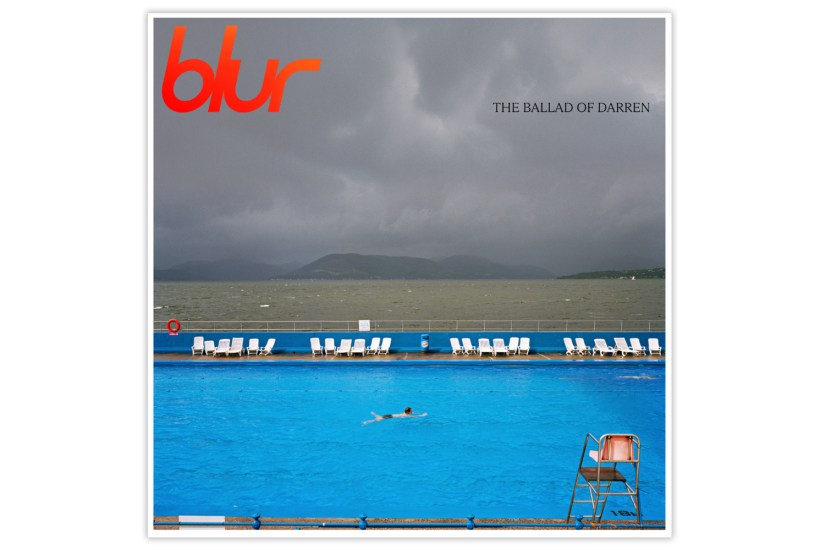
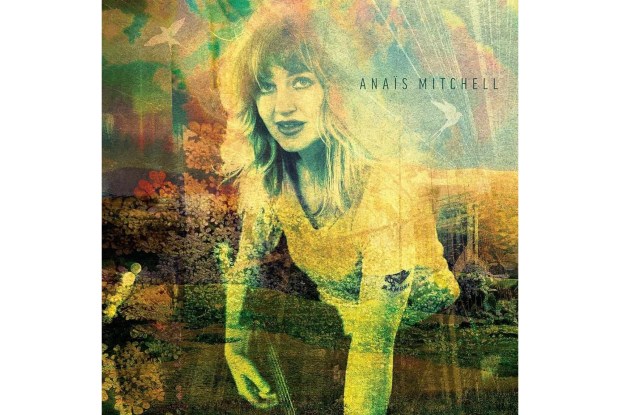
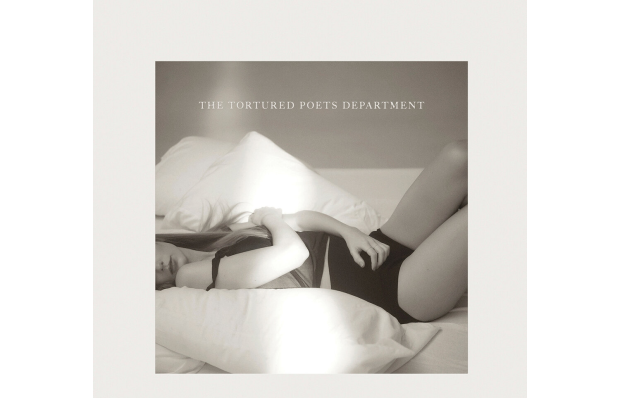
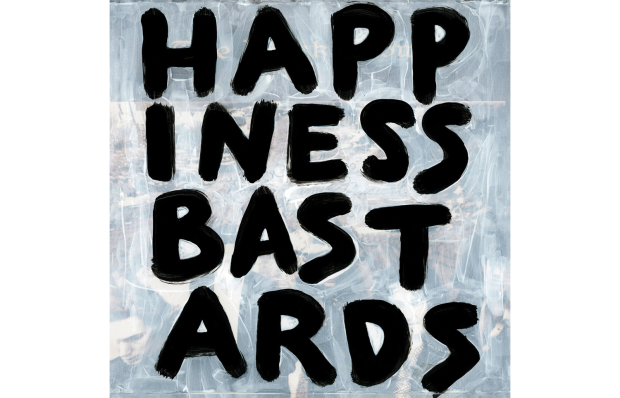

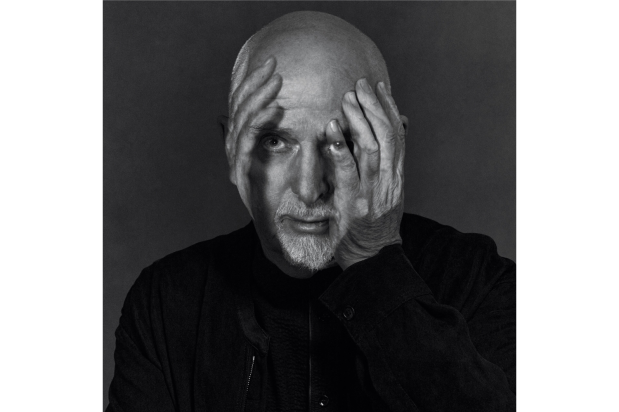







Comments
Don't miss out
Join the conversation with other Spectator Australia readers. Subscribe to leave a comment.
SUBSCRIBEAlready a subscriber? Log in